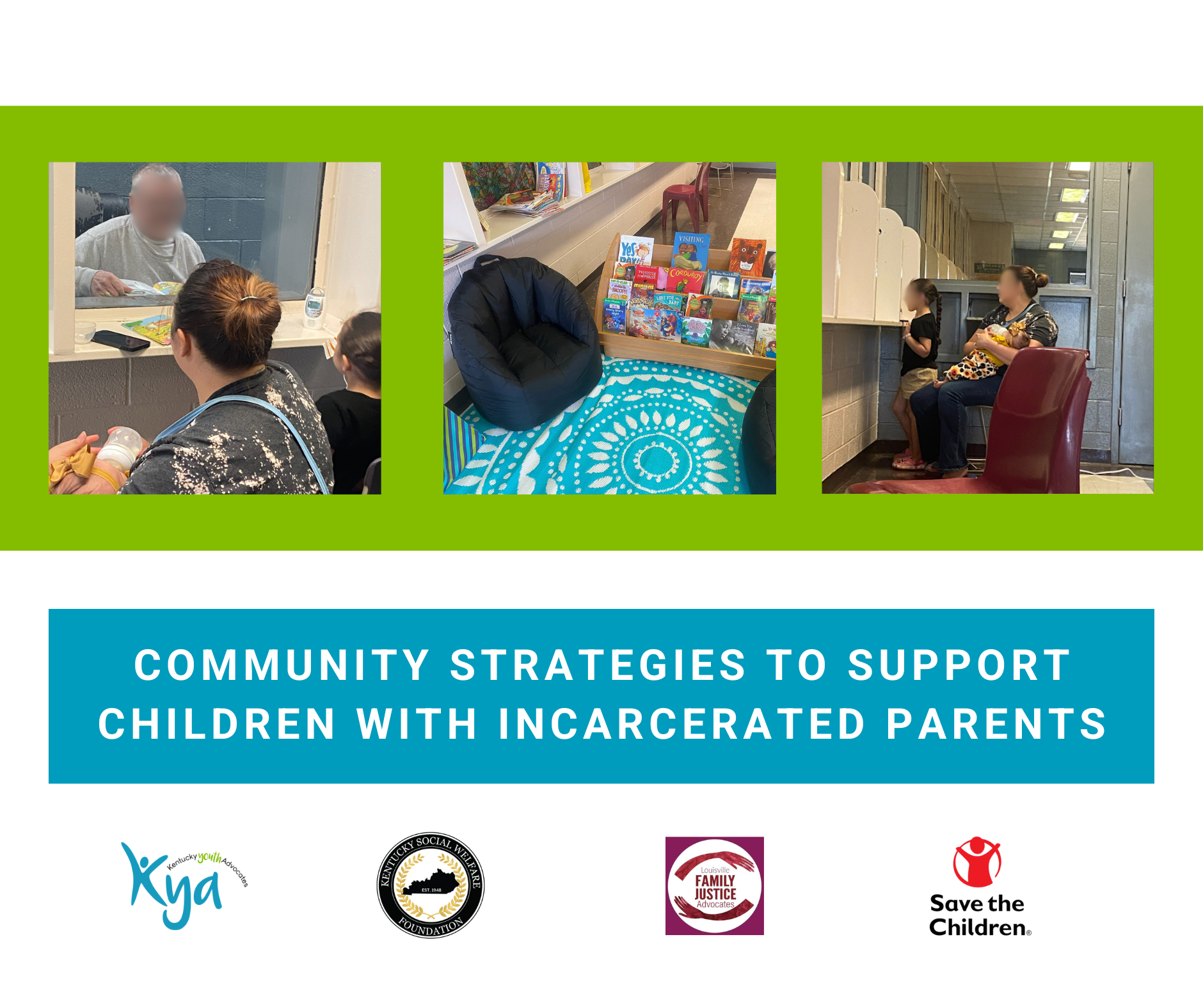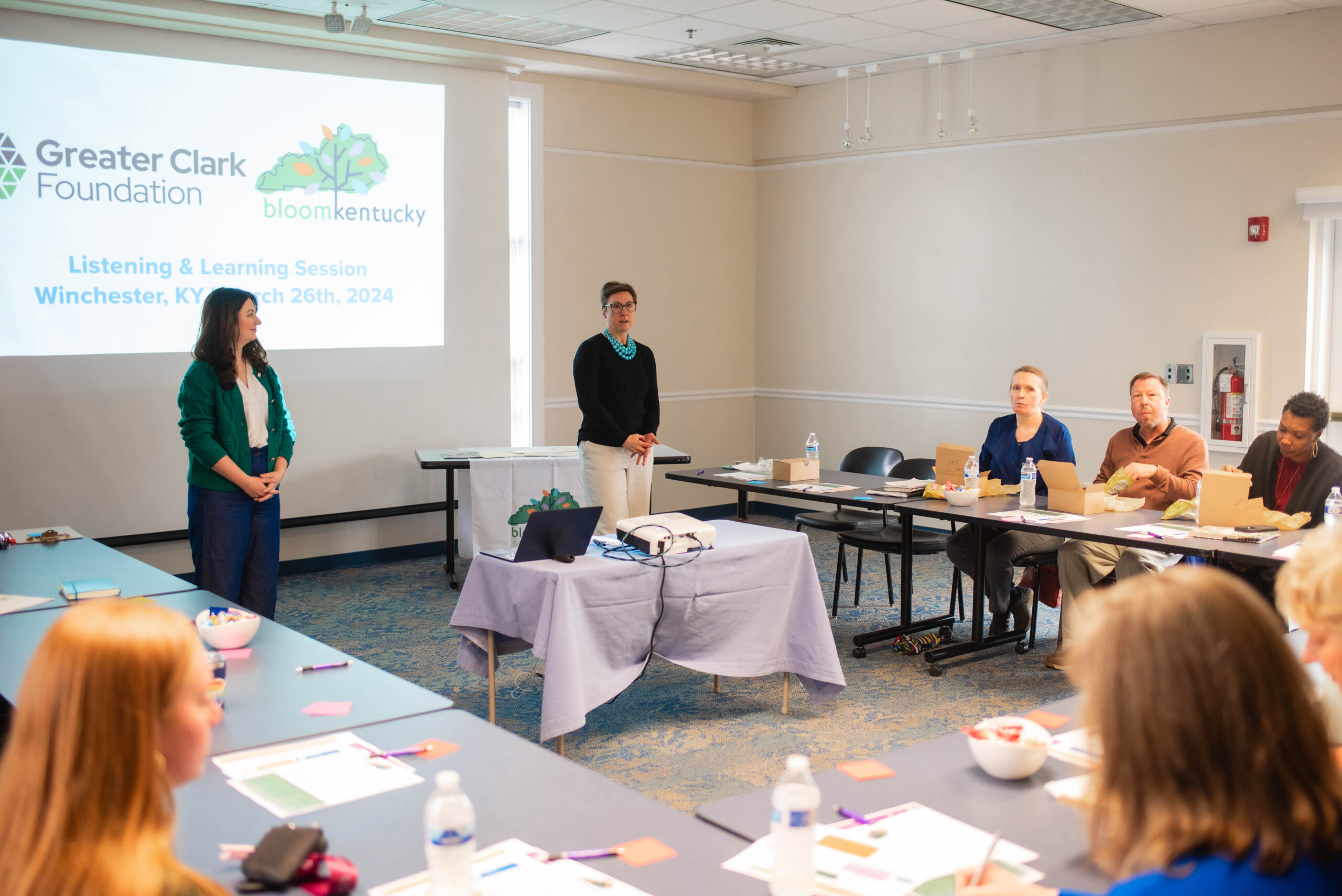This blog post originally appeared as an op-ed in the Herald Leader. You can view it online here.
It’s only February, but I am already filling out NCAA tournament brackets. I’ve already begun my serious study of 2014 bracketology.
Warren Buffett, in an effort to advertise Quicken Loans, has laid out $1 billion to anyone who accurately predicts all 67 games in this year’s tourney. I know, it is a long shot, but that is what I call a no-lose prospect. Nothing down and a $1 billion potential win.
Kentucky’s kids have a no-lose opportunity during the 2014 General Assembly, and I am encouraged that this proposition is not such a long shot.
Due to the superb bipartisan leadership of Sen. Whitney Westerfield and Rep. John Tilley, and the hard work of the Unified Juvenile Code Task Force that was supported by all branches of government, Kentucky is on the precipice of profound and fundamental reforms to the youth justice system.

Senator John Tilley talks about youth justice reform at the 10th Annual Children’s Advocacy Day at the Capitol.
And that’s a good thing for kids, for public safety, and for local and state budgets.
Let me be clear: Children should be held accountable for their behavior, especially when their behavior could harm themselves or others.
However, Kentucky has been following a path that actually can end up sending young people toward delinquency, ultimately putting public safety at risk.
We too often have handled juveniles who make mistakes as if they were adults or without regard for having the punishment fit the offense.
Relying too heavily on the court system and incarceration, even for offenses like skipping school, is a lose-lose-lose proposition. It is bad for kids, bad for the community and bad for the budget.
The task force worked diligently during the fall reviewing analyses of Kentucky data, looking at research on best practices, and gathering input from stakeholders. The recommendations will create a new — and smarter — day for Kentucky’s young people in a variety of ways.
For instance, we can create community-based services to help children instead of putting them in the court system, which is costly and can negatively affect children in the long term
A particular focus of the multidisciplinary group was looking at alternatives to jail time for minor offenses. All too often a young person who makes a minor mistake — like skipping school, running away from home or violating probation — winds up in jail or in some other placement away from home.
When youth are locked up, that minor offender often is in a cell alongside a youth charged with a serious crime.
Research and common sense suggest that jail time is not an appropriate response to those minor mistakes and that a youth serving time alongside a serious offender is likely to enter a pipeline to more serious criminal activity.
From the most practical perspective, incarceration is the most expensive option available. Locking a kid up — called secure detention — costs more than $87,000 a year. For status offenses, counties pay $94 a day per youth.
Can you imagine the kind of creative and effective diversion and intervention programs that could be designed for significantly less money and with significantly more effective outcomes?
I am not counting on winning Buffett’s billion. But I am counting on legislators acting on the no-lose prospect. Kentucky needs to follow the evidence and fundamentally reform its response to youth misbehaviors.
That kind of reform creates safer communities, saves scarce public resources at the state and local levels and, most importantly, creates a better future for young people. Now that proposition is a guaranteed win.






Leave A Comment